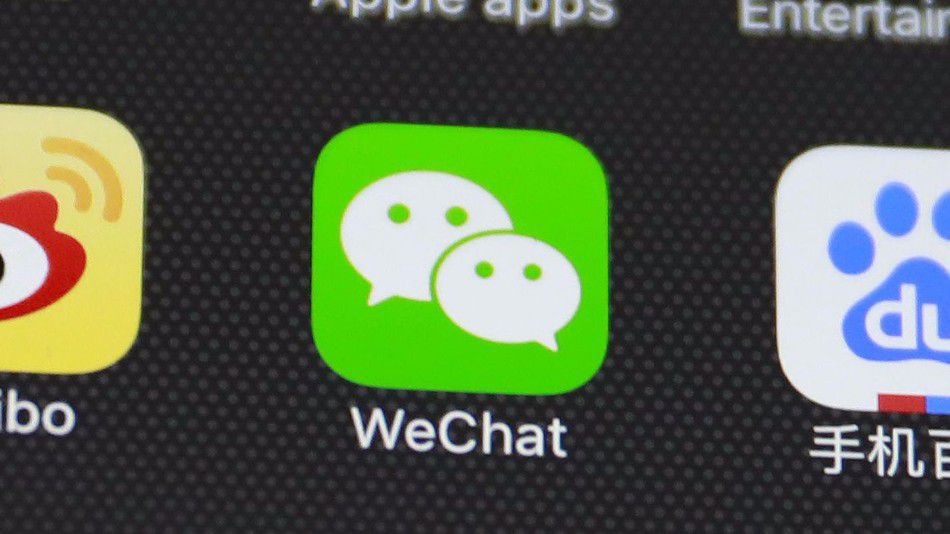
A month ago, U.S. insight offices weren’t so into individuals utilizing Chinese telephones.
The leaders of the CIA, FBI and NSA told a Senate panel in February they didn’t suggest items or administrations by China’s Huawei or ZTE be utilized by Americans, worried about organizations or elements getting to be “indebted to outside governments.”
Presently, in Australia, that doubt has apparently reached out to Chinese applications. Informing stage WeChat has purportedly been restricted from being introduced on telephones having a place with the nation’s Department of Defense, as indicated by the Australian Financial Review.
“Barrier does not give or bolster the utilization of unapproved programming, including the WeChat web-based social networking application, on Defense cell phones,” a Defense representative told the daily paper. Constrained utilization of Facebook is allegedly permitted however.
It comes in the midst of worries of elevated Chinese reconnaissance exercises inside the nation, in spite of the fact that Defense didn’t indicate why it restricted WeChat, claimed by web organization Tencent. Mashable has reached the office for input.
Back in December, India’s Defense Ministry taught its military to uninstall WeChat, one of 42 applications it recorded, in the wake of revealing some of the applications had “spyware or different noxious product.”
“Utilization of these applications by our power faculty can be negative to information security having suggestions on the power and national security,” read a notice distributed by the Indian Express.
In a 2016 report, Amnesty International positioned WeChat and other Tencent applications most reduced in a security evaluation of mainstream informing applications.
WeChat scored zero of 100, because of its absence of end-to-end encryption and inability to perceive dangers or ensure opportunity of articulation. The application stays overwhelming in China, in any case, and is set to be coordinated with the country’s electronic ID framework.
Original article by Johnny Lieu